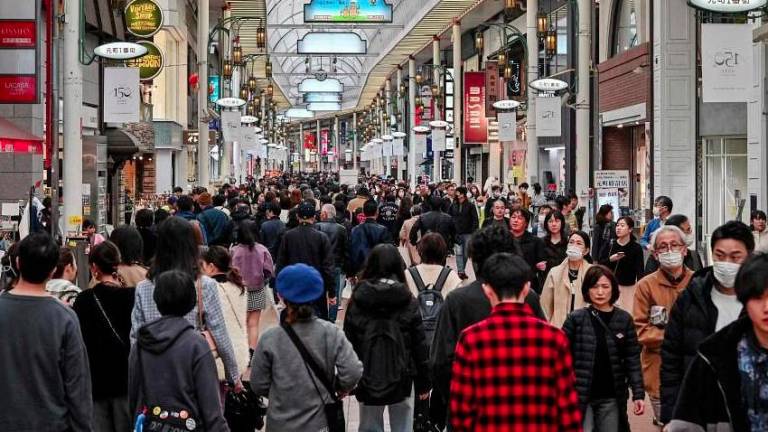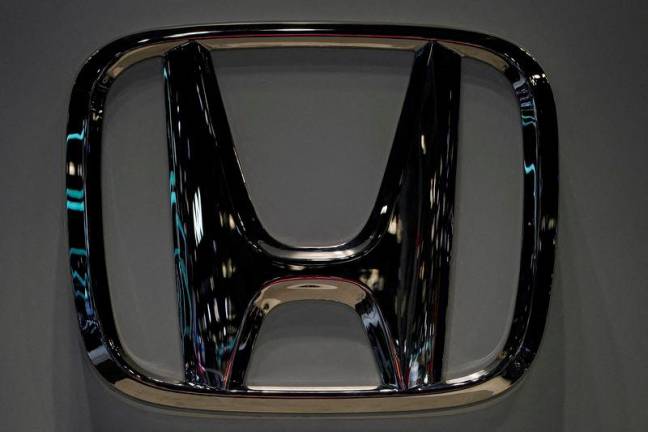DISGRUNTLED owners of iPhones have been given the green light to sue Apple by the US Supreme Court. Their complaint: Apple requires all iPhone owners and iPhone app developers to buy and sell apps from their App Store. And it charges a 30% commission to developers who sell apps through its App Store. This inflates prices for consumers. And iPhone owners are seeking damages from Apple for this price increase.
This, say the claimants, violates US antitrust law, which aims to curb any company from using its dominant position to prevent others from competing with it. That is exactly what Apple is doing – as iPhone owners cannot buy apps from other stores that may be supplying apps at cheaper prices. By this mechanisation, Apple assumes monopolistic power and control - over pricing and even censoring of content.
Apple tried to block the iPhone owners from proceeding with the action. It argued that it is the developers who are charging the owners – not Apple. In short it was only providing a platform and was a mere intermediary.
So the question before the court was whether iPhone owners could claim damages for alleged price inflation caused by the 30% commission – even though the fee is levied upon developers rather than consumers.
Apple relied on a 1977 decision ruling that only the direct buyers of a product could seek damages for inflated prices under federal antitrust law.
The Supreme Court rejected this argument in a narrow 5-4 decision. The relationship between Apple and its customers was direct, ruled the court. Delivering the majority decision, Justice Brett Kavanaugh said: “The iPhone owners purchase apps directly from the retailer, Apple. The IPhone owners pay the alleged overcharge directly to Apple”.
If Apple’s argument was accepted, said the Court, it would “provide a road map for monopolistic retailers to structure transactions with manufacturers or suppliers so as to evade anti-trust claims by consumers”. In short, courts will look at the real nature of the transaction to see who really is calling the shots and who gains from it.
In yet another law suit, also based on the anti-trust law, 44 US states allege that big pharmaceutical companies have conspired to artificially inflate prices of generic medicines, some by more than 1,000%.
Generic drugs are supposed to cost a fraction of the price of branded drugs as they are no longer protected by patent. Instead consumers are paying hugely inflated prices for drugs relied upon every day for acute and chronic conditions and diseases from diabetes and cancer to depression and arthritis.
Also roped in the suit are 15 senior executives of the companies for orchestrating the “multibillion-dollar fraud”. Predictably, the companies deny the charges. But the Attorney General of the US State of Connecticut, who is leading the case, said he had “hard evidence”, including emails, text messages, phone records and accounts from former company insiders, to prove a “multiyear conspiracy to fix prices and drive market share for huge numbers of generic drugs”.
The outcome of these legal suits will have far reaching consequences worldwide. Authorities in the US and Europe are closely examining how competition law should deal with technological companies using platforms which act as middlemen between consumers and suppliers.
It is also well for Malaysian consumer organisations to study the impact of these cases. We have a similar anti-trust law – the 2012 Competition Act. Like the US trust law, it prohibits any arrangement which has the object or effect of significantly preventing, restricting or distorting competition in Malaysia. And conduct which amounts to the abuse of a dominant position in a market in Malaysia.
Gurdial is a former law professor at University Malaya. Comments: letters@thesundaily.com











